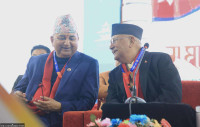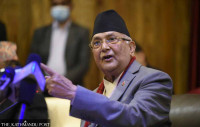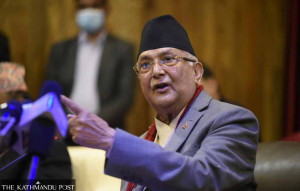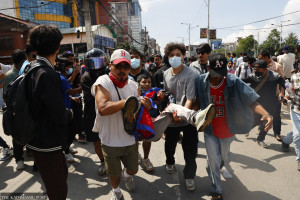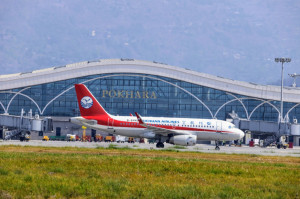Editorial
Going nowhere fast
PM Koirala needs to reassert his hold on the constitution-drafting process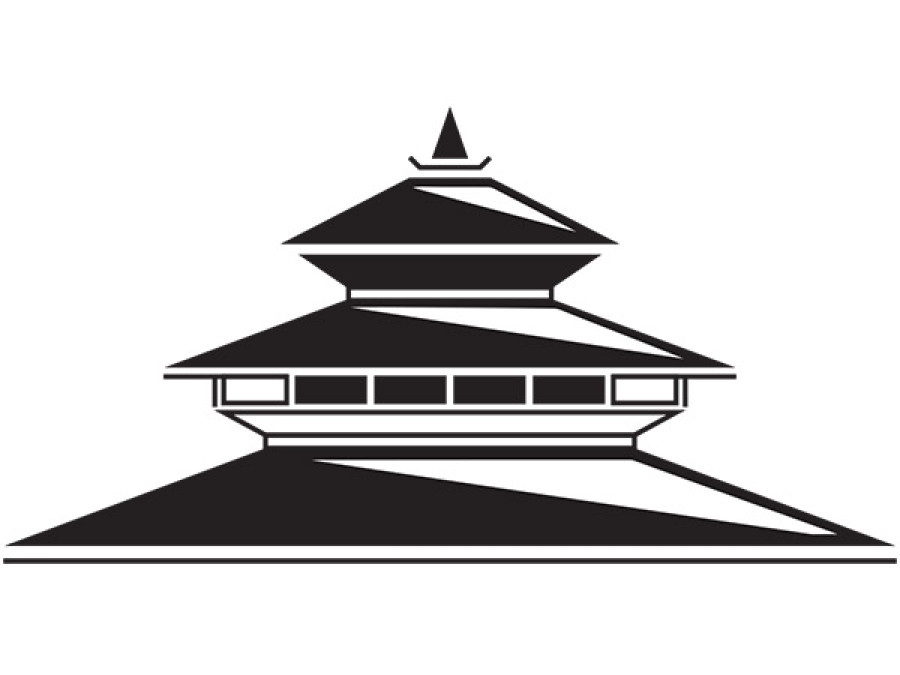
There was some hope that the political parties would sit down to seriously negotiate an agreement on the new constitution around the end of February. In response to opposition demands, the ruling parties had agreed to postpone meetings of the Constituent Assembly (CA) and thus, temporarily halt the voting process. On the other hand, the opposition had completed its rally in Kathmandu. Having demonstrated its strength on the streets, it was ready to sit at the negotiation table. However, the events of recent weeks have made clear that, like all earlier negotiation processes, the most recent one too was an exercise in futility. The parties were unable to reach even a minimum agreement. And the situation has reverted to where it was previously. The ruling parties are threatening to once again push forward a vote on the new constitution. The opposition parties have said that they will once again hold street protests to press their agenda.
What was most unfortunate about the most recent round of negotiation was that the ruling parties did not take it seriously. In fact, the CPN-UML in particular seems to have entered negotiations with the explicit purpose of taking the process to vote. Thus, at various meetings, its leaders, such as Bamdev Gautam, sought to antagonise the opposition by refusing to engage on the most relevant issues, instead demanding that the opposition formally respond to a nine-point agenda put forward by the Nepali Congress and the CPN-UML in November. Moderate voices within the NC put forward a proposal—the parties try hard to forge consensus and then push forward with discussing substantive issues. However, the UML rejected this idea, as did the more hardline leaders of the NC. Through all the weeks of negotiation, the ruling parties refused to begin discussing substantive issues regarding federalism, for example.
This clearly shows that the UML and some NC leaders had no intention of drafting a constitution through consensus, but only wanted to tire out the opposition before pushing forward with a vote on the constitution. As we have stated many times, a constitution passed through a majority may not be durable or remain legitimate for a long period of time. Broader political stakeholders need to come on board. It also appears that hardliners in the UML have hijacked the process. It is time for Prime Minister Sushil Koirala to reassert his hold on the process and back moderate voices in the NC as the chief negotiators with the opposition. It is primarily Koirala’s responsibility to produce a constitution through consensus. His prime ministership will be judged as a success or a failure depending on his ability to forge agreement on the new constitution.




 9.12°C Kathmandu
9.12°C Kathmandu
